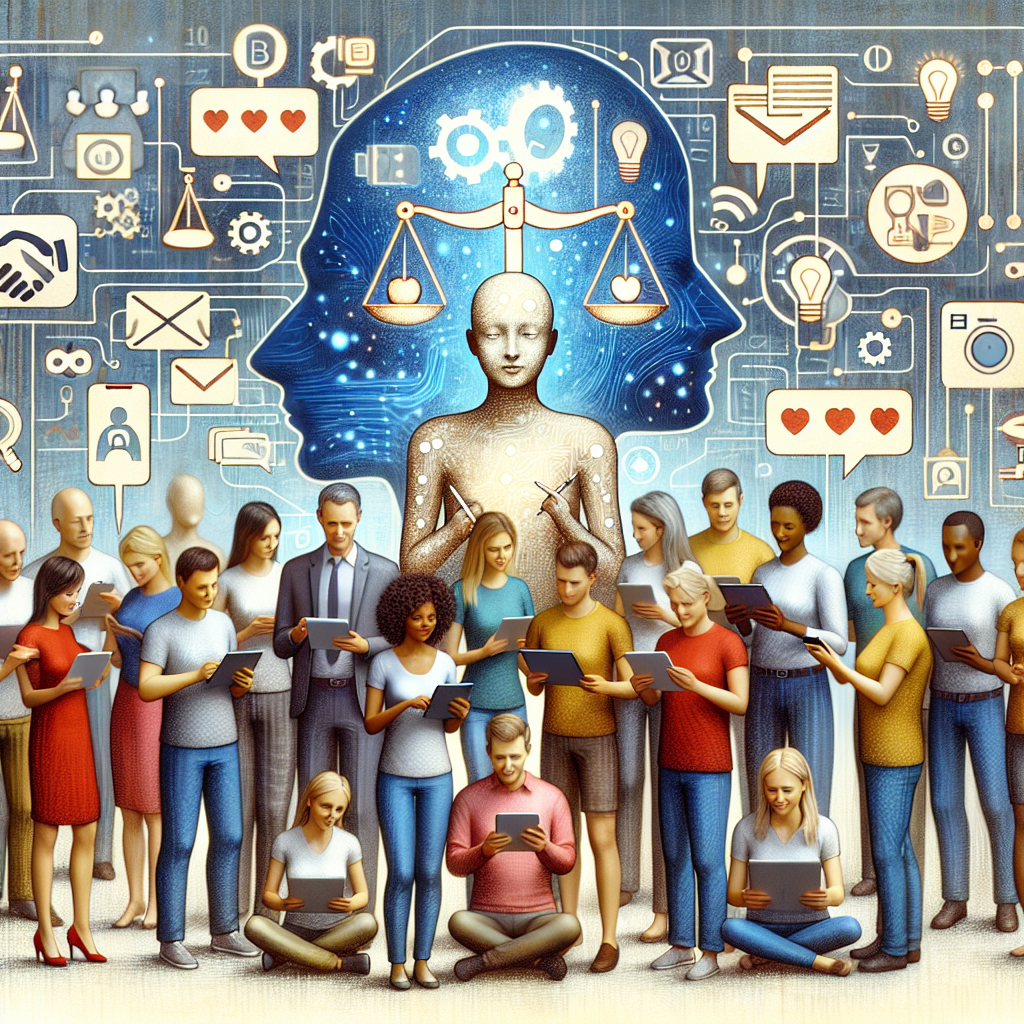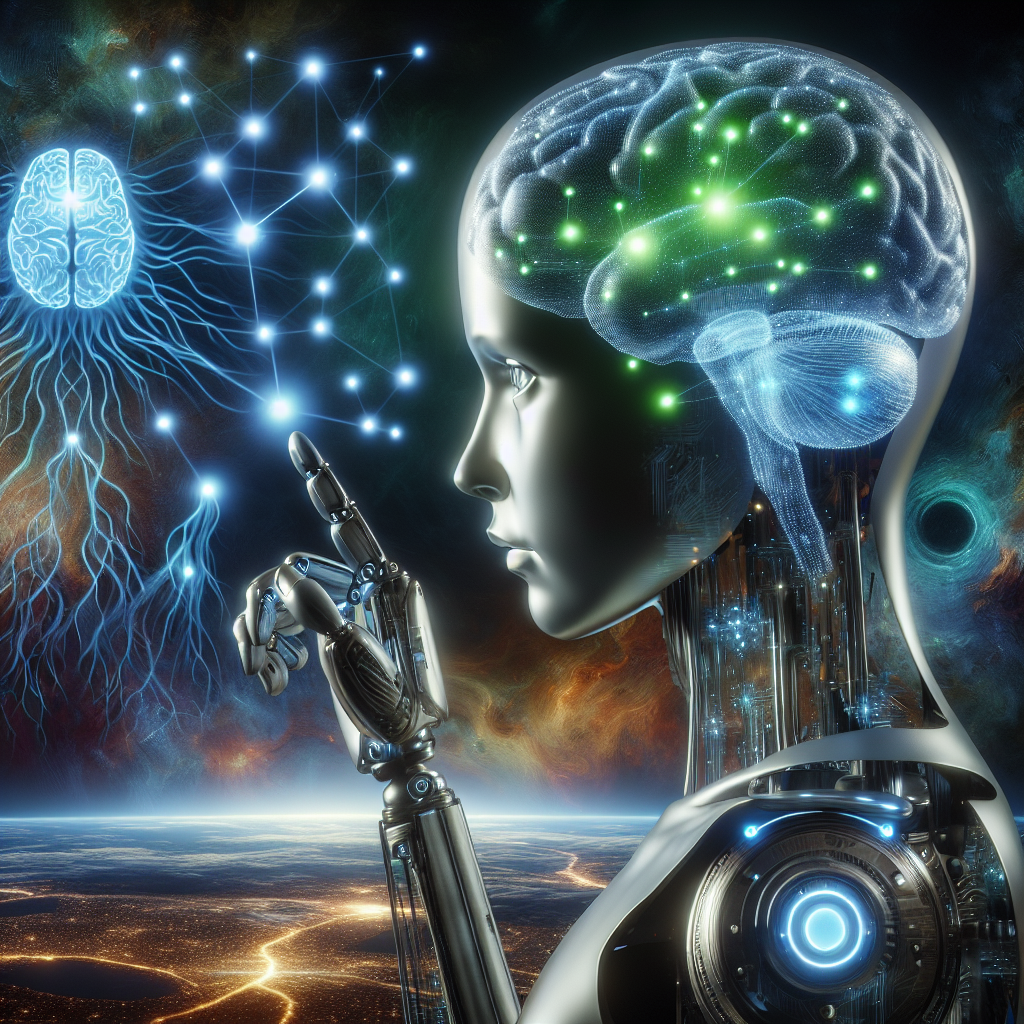In a rapidly evolving technological landscape, OpenAI has once again positioned itself at the forefront of artificial intelligence innovation by launching ChatGPT-5. According to The Economic Times article, “OpenAI releases ChatGPT-5 as AI race accelerates,” this latest iteration marks a significant leap from its predecessors in terms of linguistic capabilities and nuanced understanding, underscoring the accelerating pace of development within the AI domain.
OpenAI, known for its ambitious strides in AI, previously set benchmarks with ChatGPT-3 and its subsequent refined version, ChatGPT-4. Each version aimed to enhance conversational capacities and general knowledge handling, pushing the boundaries of what AI can achieve in complex interaction scenarios. With ChatGPT-5, the scope of improvement focuses on deeper contextual comprehension and more sophisticated response mechanisms, potentially setting a new standard in user experience across various sectors.
The release of ChatGPT-5 is not just a testament to OpenAI’s commitment to advancing AI but also reflects a broader industry trend where major players continuously vie for technological superiority. This competitive thrust is not only pushing the limits of AI capabilities but is also rapidly transforming industries reliant on data processing, user interface improvements, and automated systems. For instance, sectors like customer service, automated content generation, and even education are witnessing a shift as AI tools become more integrated into their operational frameworks.
This latest development also arrives at a time when discussions around AI ethics and regulation are gaining momentum globally. As AI systems become more sophisticated and increasingly integrated into daily interactions, the potential for misuse or unintended consequences escalates. The advancement embodied by ChatGPT-5 therefore brings with it an imperative for robust ethical guidelines and governance frameworks.
Economists and tech analysts alike are keenly observing the impact of such advancements on the job market. While AI has the potential to streamline operations and enhance service delivery, there is an ongoing concern regarding job displacement and the future of work in an increasingly automated world. OpenAI’s innovations might thus be a double-edged sword, offering significant benefits and efficiencies but also raising important questions about economic structures and employment patterns.
As OpenAI and its counterparts continue to drive the AI frontier, the implications of such technologies are vast and varied. From refining user interactions and opening up new possibilities for personalized digital experiences to challenging existing regulatory frameworks and ethical norms, the release of ChatGPT-5 is not just a milestone in technological achievement but also a pointer towards the future dynamics of society in the age of advanced AI. How we navigate these changes — balancing innovation with responsibility — will likely define the next phase of our digital evolution.



